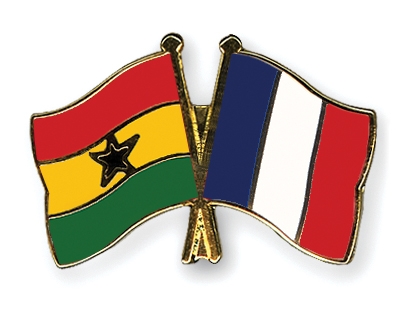
THE French Embassy is supporting the country to digitally transform the delivery and management of Water, Sanitation and Hygiene (WASH).
Known as “Embedding digitalisation Innovations and circular economy in WASH (DICE-WASH)”, the project is expected to enhance service delivery and youth employability.
The expected outcomes will include the use of digital solutions in water and wastewater utility to automate processes, improve customer management and experience, as well as support decision-making.
The project will also improve efficiency, reduce operation cost and generate new revenue streams for utilities in that area.
It will further introduce digital transformation skills in water and sanitation education to improve the employability of the youth, including graduates with digitalisation innovation skills from the masters training, research and internship periods.
The proposed impact of the project includes increase in transfer of knowledge and experiences on digital transformation from experts in France to Ghanaian sector players and students.
Workshop
As part of the project activities, implementing partners opened a two-day national workshop in Accra yesterday on digital transformation skills for sector players to identify occupational standards and digital skills gap in water and sanitation utility management.
The information gathered would be used to prepare a digital transformation skills curriculum and pedagogical development for digitalisation innovation courses and 4+1 master’s programmers.
Participants included industry players such as representatives from the Community Water and Sanitation Agency, the Ghana Water Company Limited (GWCL), Safe Water Network, Sewerage Systems Ghana Limited, the Kumasi Compost and Recycling Plant, as well as Process and Plant Automation.
Significance
The representative of the French Embassy and Attaché for Scientific and Higher Education Cooperation, Dr Florent Engelmann, said the embassy intended to contribute to the implementation of the UN Sustainable Development Goals in the country through the establishment of collaborations between the two implementing countries in the areas of higher education and research.
“The proportion of population in Ghana with safely managed drinking water services was 36 per cent for national, 57 per cent and 11 per cent rural in 2017.
“Low proportion of water to household level (38 per cent in 2017) met drinking water quality requirement (UNICEF and World Health Organisation, 2019),” he said.
Access to sanitation was estimated at 22 per cent in 2017.
Dr Engelmann said the current partnerships would help bridge delivery and management gaps in the sector.
Gratitude
A Deputy Director in charge of Environmental Health and Sanitation Directorate at the Ministry of Sanitation and Water Resources, Kweku Quansah, expressed gratitude to the French government for the financial and technical support over the years.
He touted the role of information and communications technology (ICT) in enhancing efficiency, convenience, productivity and service delivery.
Mr Quansah said the ministry and its agencies had begun a digital revolution, citing the e-billing and metering system by the GWCL as one example of such interventions in the sector.
Also, he said, the ministry had adopted a number of software applications which were used by its field officers to collect and report data.
Writer’s email: doreen.andoh@graphic.com.gh
Source: graphic.com.gh























